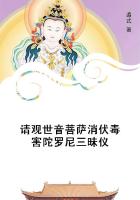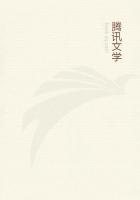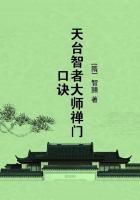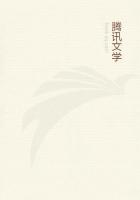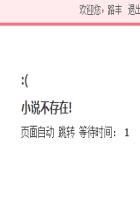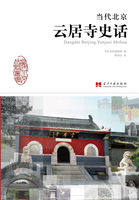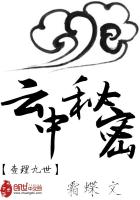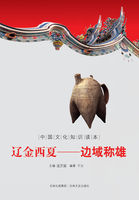But I venture to think that, on intuitional grounds, there is quite as much to be said for it as for the rival theory. Mr. Thornton must admit that the Rousseau doctrine, in its most absolute form, has charmed great numbers of human beings, including not merely those to whose apparent interests it was favourable, but many of those to whom it was hostile; that it has satisfied their highest conceptions of justice and moral right, and has the "note" of intuitive truth as completely as the principles from which his own system is a deduction. Still more may this be said of the more moderate forms of the same theory. "Justice is supposed" -- erroneously in the author's opinion--"to require that a labourer's remuneration should correspond with his wants and his merits" (p. 111 ). If justice is an affair of intuition -- if we are guided to it by the immediate and spontaneous perceptions of the moral sense -- what doctrines of justice are there, on which the human race would more instantaneously and with one accord put the stamp of its recognition, than these -- that it is just that each should have what he deserves, and that, in the dispensation of good things, those whose wants are most urgent should have the preference? In conscience, can it be expected that any one, who has grounded his social theories on these maxims, should discard them in favour of what Mr. Thornton tenders instead--viz., that no one is accountable for any evil which he has not produced by some violence, fraud, or breach of engagement of his own; and that, these things apart, no one has any ground of complaint for his lot on earth, against those who had no hand in placing him here? Mr. Thornton himself concedes so much, as not positively to deny the justice of the maxims which he practically repudiates; but regards their violation as a grievance (if grievance at all) against the general order of the universe, and not against society, or the employers of labour. But if there be in the natural constitution of things something patently unjust -- something contrary to sentiments of justice, which sentiments, being intuitive, are supposed to have been implanted in us by the same Creator who made the order of things that they protest against -- do not these sentiments impose on us the duty of striving, by all human means, to correct the injustice?
And if, on the contrary, we avail ourselves of it for our own personal advantage, do we not make ourselves participators in injustice--allies and auxiliaries of the Evil Principle?
While the author's intuitive theory of right and wrong has thus no advantage in point of intuitive evidence over the doctrine which it is brought to contradict, it illustrates an incurable defect of all these a priori theories -- that their most important applications may be rebutted without denying their premises. To point out in what manner this consequence arises out of the inherent nature of such theories, would detain us too long; but the examples afforded of it by the author's theory are numerous and remarkable.
Take, for instance, what seems the strongest point in his principal argument--viz., that the institution of property in land does not deprive the poor of anything except "their fair proportion of what the earth could have produced if it had remained unappropriated;" that is, little or nothing-since, if unappropriated, it would have been untilled, and its spontaneous produce would have yielded sustenance to only a very small number of human beings. This may be an answer to Rousseau, though even to him not a complete one; (9)(9. By no means a complete answer; for there is a medium between private appropriation of land and denial of protection to its fruits. Is there not such a thing as temporary appropriation? As a matter of fact, even in countries of the most improved agriculture, the tillage is usually performed by persons who have no property in the soil -- often by mere tenants at will.) but it is no answer to the Socialists of the present day. These are, in general, willing enough to admit that property in land was a necessary institution in early ages, and until mankind were sufficiently civilised to be capable of managing their affairs in common for the general benefit.
But when this time has arrived--and according to them it has arrived--the legitimacy of private landed property, they contend, has ceased, and mankind at large ought now to re-enter on their inheritance. They deny the claim of the first possessors to impose fetters on all generations, and to prevent the species at large from resuming rights of which, for good but temporary reasons, it had suspended the exercise. Society made the concession, and society can at any moment take it back.
Again, the author, in his chapter on the Rights of Capital, very truly and forcibly argues, that these are a portion of the rights of labour.
They are the rights of past labour, since labour is the source of all capital; and are sacred, in the same sense, and in an equal degree, with those of present labour. From this he deduces the equal legitimacy of any contract for employment, which past labour may impose on the necessities of present labour, provided there is no taint of force or fraud. But is there no taint of force or fraud in the original title of many owners of past labour?

